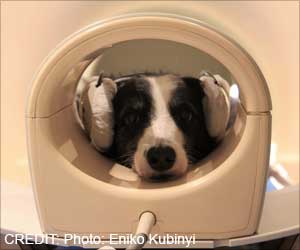A tech solution provider based in Poland and Colorado observed that health care providers stretched and populations increasing in age need greater services. The challenge facing physicians will only grow.
AI has the potential to provide much-needed relief to overworked doctors and streamline the triage process. It integrates into the medical workflow and uses the same logic physicians embrace at medical school, delivering enhanced insights by calculating the likelihood of particular conditions based on the patient’s symptoms.
It can also facilitate the collection of medical histories and the maintenance of up-to-date EHRs, giving providers more information and saving them valuable time.
The COVID-19 pandemic has highlighted that triage from home is crucial for patient safety. Indeed, some health providers are seeing patient levels drop because people are unwilling to come in even if they do require help.
This is because pathogens and other illnesses are concentrated in waiting rooms, so AI tools that can help patients are extremely valuable in evaluating whether it’s worth the risk of attending in person or through self-care.
The key for healthcare organizations is to recognize how AI can imitate a doctor’s thought process.
Doctors think in probabilities. They are presented with symptoms, consider the next logical question, and look to eliminate or strengthen the likelihood of it being a certain condition, before directing patients to the correct level of care.
AI saves the physician time by not only providing the correct range of diagnoses much faster but also can determine the acuity level, a difficult skill for even the most experienced medical professionals.
To save time, money and effort successfully incorporate AI into a healthcare system.
Source: Medindia



